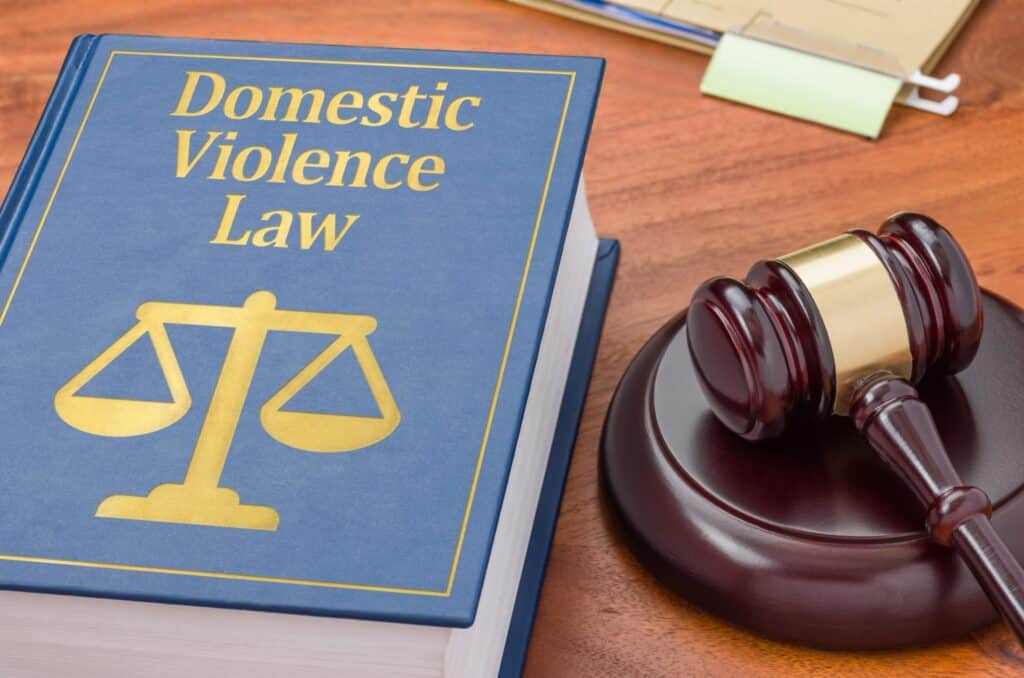Crimes of domestic violence in the state of Maine can be confusing. This is because crimes of domestic violence are really just other crimes, like assault or battery, when those crimes are committed against certain people.
It can be helpful to think of the laws that prohibit domestic violence as providing an extra layer of legal protection for a certain group of people, rather than to everyone. This extra layer of protection often results in harsher penalties, if it is broken.
Call 207-571-8146 or contact us online to schedule a consult with one of our highly skilled criminal defense & OUI lawyers, serving Southern Maine, today.
Table of Contents
Who Is Covered by Domestic Violence Laws in Maine?
In the state of Maine, our domestic violence laws only apply when an eligible crime is committed against someone who is a “household member” of the person who committed the crime. Unfortunately, what makes someone a “household member” of someone else can be fraught with complexities, once you delve into some of its practical problems.
Just reading the domestic violence statutes in Maine, you’ll find that the laws provide a listing of relationships that make someone a “household member”:
- Spouses or domestic partners, both current and former;
- Individuals who are currently, or were formerly, living together as spouses;
- Individuals who are currently, or were formerly, living together;
- Individuals who are currently, or were formerly, sexual partners;
- Parents of the same child;
- Adults who are related to each other by blood or affinity; or
- Minor children of an adult who is otherwise a household member.
While these categories cover most of the possibilities, there are numerous complexities and nuances that crop up when these definitions are applied in individual cases.
Domestic Violence Laws Are Problematic in Maine
Just one of the most common examples of how Maine’s domestic violence laws are tricky is how they handle significant others. If a crime eligible for domestic violence is committed by someone against his or her boyfriend or girlfriend, whether it will be considered domestic violence – and, therefore, whether it will carry harsher penalties – depends on whether the two were sexual partners or not.
As one crucial case in Maine has shown, this requires the prosecutor to prove that the two were actually sexually intimate with each other. If they were, then their relationship makes them “household members” with each other, allowing domestic violence charges to be made. If they were not sexually intimate with each other, though, then their status as a boyfriend or a girlfriend does not satisfy the statutory requirement.
Proving, in a courtroom, that two people were sexually intimate with each other can be a tricky and incredibly uncomfortable proposition. It often ends with a “he said, she said” scenario that leaves the jury with little to do but guess.
Contact Our Domestic Violence Lawyers in Maine
This is just one of the problems with Maine’s domestic violence laws. While they make sense, in theory, how they are applied in practice can lead to some uncomfortable situations, and some bothersome outcomes.
If you’ve been charged with domestic violence in the state of Maine, you need an experienced domestic violence defense attorney to make sure you don’t face an especially harsh conviction. Contact The Maine Criminal Defense Group online or at (207) 571-8146.
[elementor-template id=”10204″]
Blog Posts

Defending Maine domestic violence charges Being charged with domestic violence in Maine is a serious legal matter with consequences that can impact your freedom, reputation, and future. Whether the allegation[...]
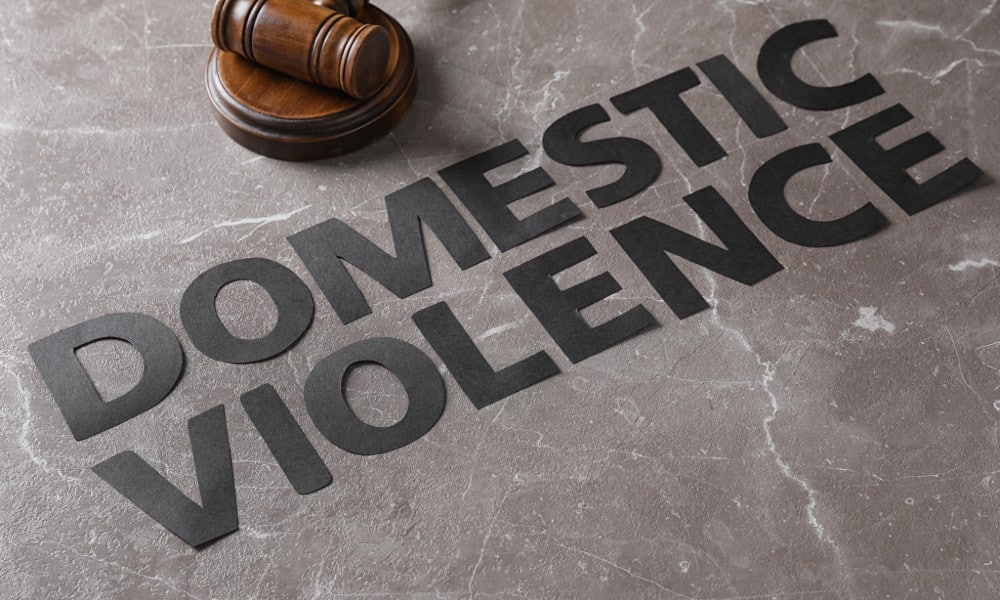
A domestic violence conviction can have serious consequences in Maine Assault, criminal threatening, and reckless conduct in domestic settings can all be classed as domestic violence in Maine—and criminal charges[...]

Defending those accused of domestic violence in Southern Maine Assault, criminal threatening, and reckless conduct in domestic settings can all be classed as domestic violence in Maine—and criminal charges can[...]

Sexual assault and sexual battery both refer to criminal offenses where a victim does not provide consent to sexual contact. This contact may or may not involve penetration, force, violence,[...]
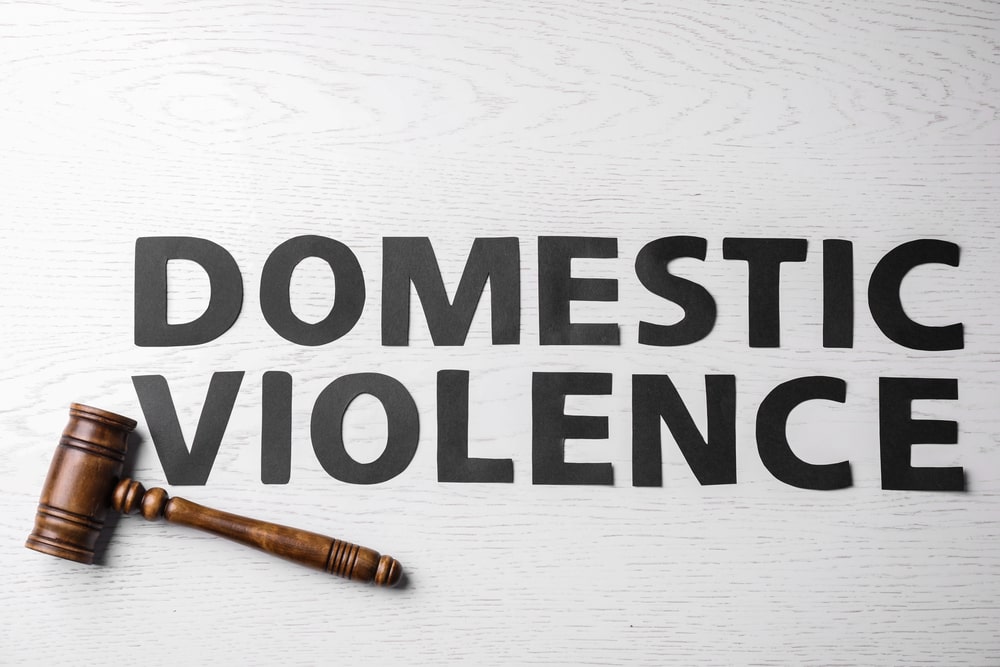
The domestic violence and stalking laws in Maine are currently being updated to address some shortcomings in the previous laws and to add clarity for both victims and accused parties[...]

In recent years, convictions for domestic violence offenses in Maine have increased as state prosecutors rigorously pursue cases. This has led to harsher penalties for offenders, which makes it even[...]

A protection from abuse order (PFA) can make it illegal for an individual to contact you or your children in the state of Maine. Filing a PFA is often a[...]
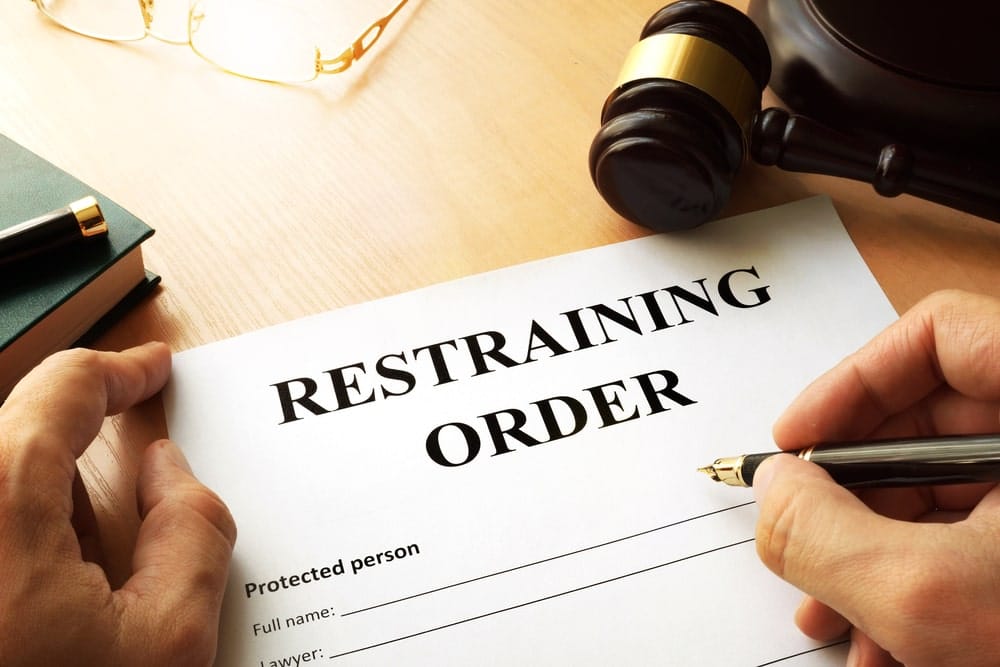
Protection from Abuse Orders (PFAs), such as restraining orders and no-contact orders, are frequently issued by the courts in domestic violence cases in Maine but are often confused. No contact[...]
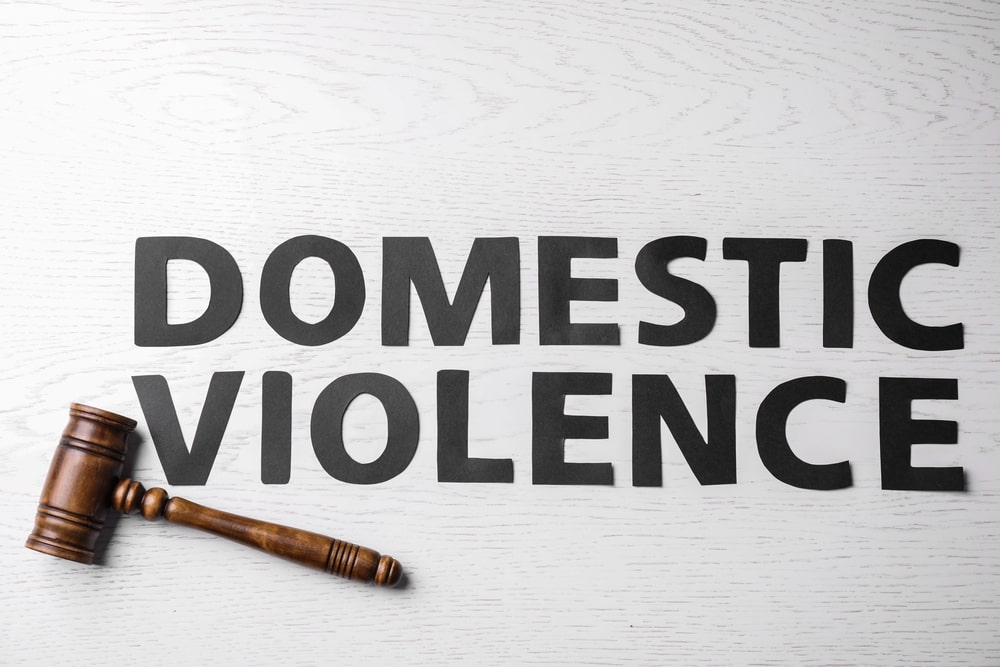
This article was updated March 6, 2025 Oftentimes what I see in these domestic violence situations is that a husband and wife get in a fight. They love each other[...]

Domestic violence cases can be some of the most challenging to deal with for everyone involved. Families with children can be thrown into turmoil with emotions running high. Many people[...]
